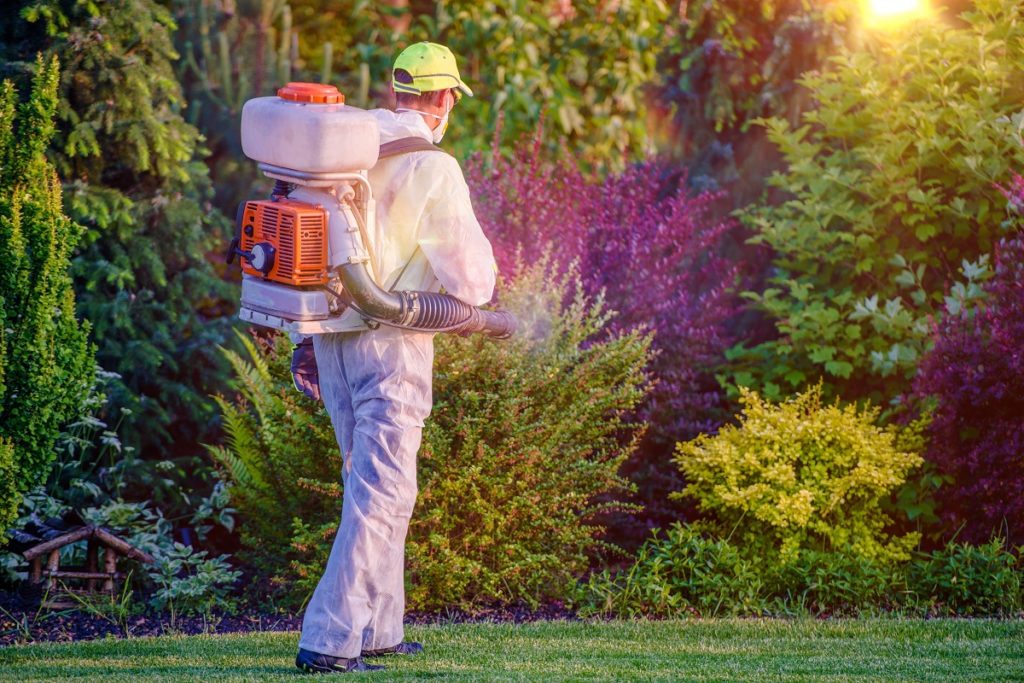Plants are living beings, too. Although they require a lot less maintenance than, let’s say, a dog or a human being, there is time and energy needed to keep plants alive.
You do not have to have a green thumb to successfully grow and care for plants. You only need to be educated and know the different requirements of the vegetation that you have chosen.
However, if despite your efforts, you find that your plants are dying, here are some of the possible culprits and how to solve them:
Clogged Gutters
One of the most common reasons why plants die is overwatering. Contrary to popular belief, you do not have to water most plants every day. Often, once or twice a week is enough to keep your plant happy.
However, if your plants are still dying even if you do not water your plants frequently, you need to look for other sources. Some households have gutters above their garden beds. Usually, this is not a problem. However, if the gutters are clogged, water may overflow. It might be sending water to the garden bed.
As a homeowner, you need to occasionally get your gutter cleaned by a professional or do it on your own. Gutter cleaning will also prevent the area from becoming home to pests that may harm your plants or your family.
Root Rot
As was mentioned, overwatering may kill your plant. That is because wet soil provides the ideal environment for pathogens to thrive and attack the roots, resulting in root rot.
Check the soil. If you squeeze it in your hand and water or mud drips down, the soil is too wet and may lead to root rot. Give the soil time to dry before you water it again. You may also remove mulch around the plant or use fungicides to kill the pathogen that may cause rotting.
Each plant has different needs. It is hard to say how frequent you should water a plant. However, the general rule is, if the topsoil feels dry to the touch, then it might need watering.
Pests

Be wary of signs of pests in your garden. For example, if you see fine webbing on the leaves, spider mites may be present in the area.
Spider mites are small — almost invisible to the naked eye. However, they can do serious damage to your plants. They are known to suck materials from plant cells, causing leaves to fall off and the plant to die.
Mealybugs are also common problems. These small insects are characterized by their soft bodies and the fuzzy mess they leave behind. Mealybugs will cause flowers and fruits to drop prematurely and plants to die.
Using insecticides can kill any pest around the plant although it might also ward off helpful critters like bees and is harmful to the environment. You may want to use natural repellents instead like hot pepper or garlic sprays, horticultural oil, and neem oil to ward off garden pests safely.
Growing plants does not come naturally to everyone. Like any other hobby, you need to invest attention in learning the different needs of different plants. You also have to give your plants attention regularly, through checking for pests or watering them, for it to survive and grow.


